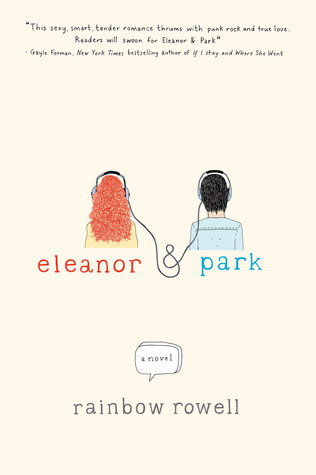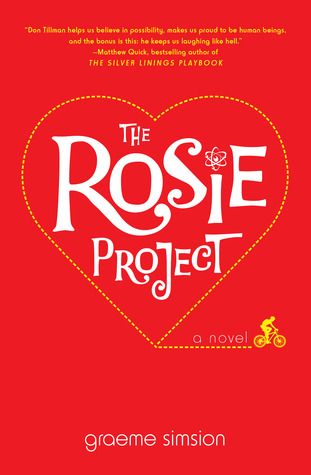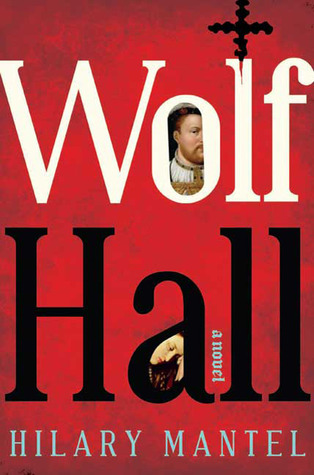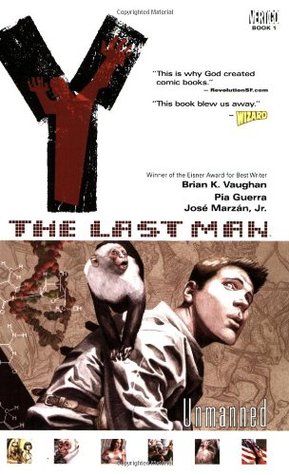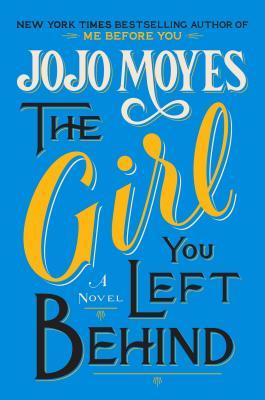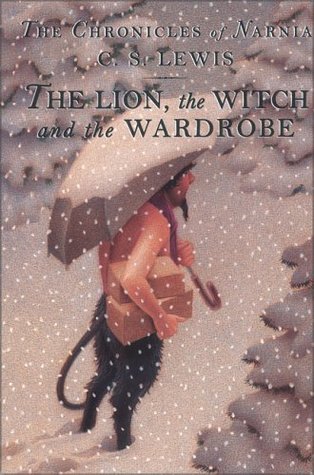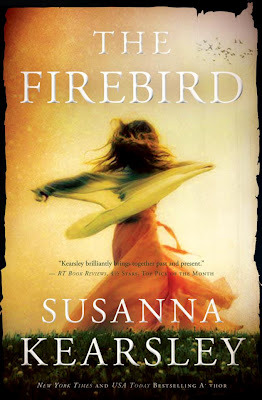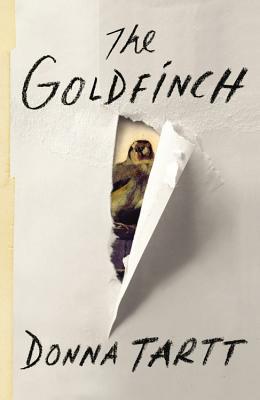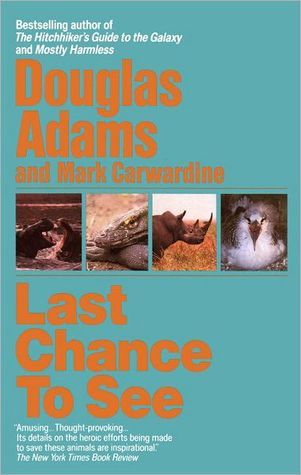Over a year ago, I wrote a post entitled Genre Confusion, in which I discussed the accidental discovery of a favorite book — which might never have happened if I’d been aware that the book often gets shelved under “romance”, which is not a genre that I typically read.
The issue becomes relevant for me again with a bizarre discovery I made yesterday — or is it a discovery at all?
I started a book fresh from my NetGalley queue and was enjoying the first little bit. Then I thought I’d double-check the page count, seeing as I have a whole lot of must-read books coming up and I want to make sure to pace myself. So I went on Amazon, looked up the book, and scrolled down to the detail section — where lo and behold, I see the books categorized as “Christian fiction”.
Whoa.
Don’t get me wrong: I have nothing against Christian fiction or its fans. But not being Christian myself nor the least bit spiritual or religious, I’m not drawn to books with a strongly faith-based or spiritual theme.
And after all, just as we all have our preferred genres, I think most of us have a list of what we won’t read as well. (For the record, mine includes courtroom dramas, extreme violence, and anything with shirtless males and/or cowboys on the cover. Or shirtless cowboys. Whatever). *
*I’d add erotica to the list, except — full disclosure — I did read the 50 Shades books. Can’t fall behind the pop culture zeitgeist, can we?
So… confusion. What to do about my current read?
I went back to NetGalley. Nope, no reference to this book being Christian fiction.
Went to the publisher’s website. Oops. They publish Bibles as well as works of inspirational fiction. Hmmm.
Went to the author’s website. She’s clearly someone of great faith — but also sounds like someone with a great literary background and a totally interesting life.
Did a Google search. Most of the early reviews for this book were by bloggers with faith-oriented blogs.
So what does this mean for me? I Googled the term “Christian fiction”. According to Wikipedia:
In North America, the Christian novel has evolved into a specific genre of its own, written explicitly by and for Christians of a particular type. Such a Christian novel does not have to involve an actual event or character in Bible history. A novel can be Christian in this sense merely because one of its characters either comes to a proper understanding of God and of man’s need for salvation from sin, or faces a crisis of his or her faith.
It goes on to say:
Deborah Bryan of the Kansas Library Association suggests that a Christian fiction writer must comply with certain restraints such as: (1) Accept the truthful authority of the Bible (2) Address dilemmas through faith in Jesus (3) Believe that Jesus died and rose for sins of all people (4) A writer is restricted from writing about certain “taboos.”. She also suggests that this genre of books typically promotes values, teaches a lesson, always has a happy ending (good prevails over evil in all books), adheres to a decency code (certain boundaries such as sexuality, strong language, and topics of such cannot be crossed), and that Christian fiction is created for defined boundaries within a particular community.
While the first paragraph above doesn’t necessarily present a problem for me, the definitions presented in the 2nd paragraph — if adhered to in a a work of fiction — would definitely make that fiction unreadable for me. Hence my current dilemma.
So far, I see nothing in the book that I’m reading that seems outside the realm of mainstream contemporary fiction. It’s the story of a young woman pursuing an education and trying to get past the traumatic events of her childhood. She also happens to be a young woman who immerses herself in classic literature as a way of shielding herself from engagement with the real world. And what I’ve read, I’ve liked. (Granted, I’ve only read about 15%, according to my Kindle — but so far, so good).
If the book continues along the path it’s on, then I think I’ll really enjoy it. I mean, I love main characters who obsess over books! What’s not to love? But if the storyline starts heading into a dogmatic, explicitly faith-based direction, then I may have a problem with it. And to a certain extent, I’d rather know now than invest more time only to be disappointed or turned off later.
And yet… if I hadn’t gone to the Amazon page, I’d have no worries and no preconceptions. So what to do?
In my earlier Genre Confusion post, I advocated for stepping outside of one’s comfort zones, exploring other shelves in the bookstore, and being open to books that sound intriguing, even if their defined genre isn’t in our go-to preferred list.
In keeping with that position, at least for now, I think I’m going to give my current read a bit more time. After all, I like what I’ve read so far, and prior to my Amazon encounter, I thought the synopsis made the book sound quite charming — and never would have known that this was considered “Christian fiction”.
Have you ever been shocked by a book’s genre? Did you ever find yourself reading a type of book that you’d swear you never read? Did you stick with it or drop it like a hot potato?
If you’ve ever had a “genre confusion” moment yourself, please share in the comments!








